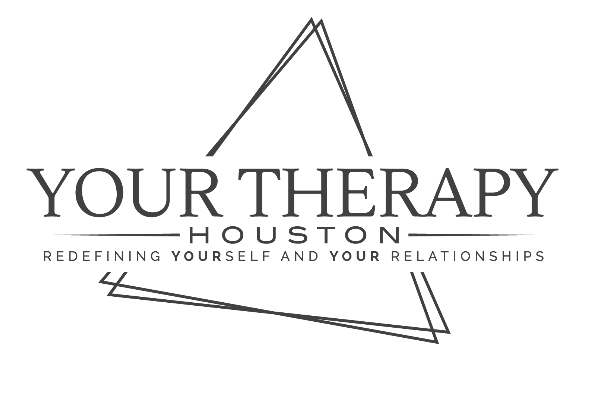How long does therapy last?
“How long is therapy going to last?” seems to be the magic question during my phone consultations. Naturally, my curiosity wondered about the factors that could influence the popularity of this question. I was inspired to process my thoughts in my blog and hopefully by the end I’ll be able to provide a satisfying answer …
